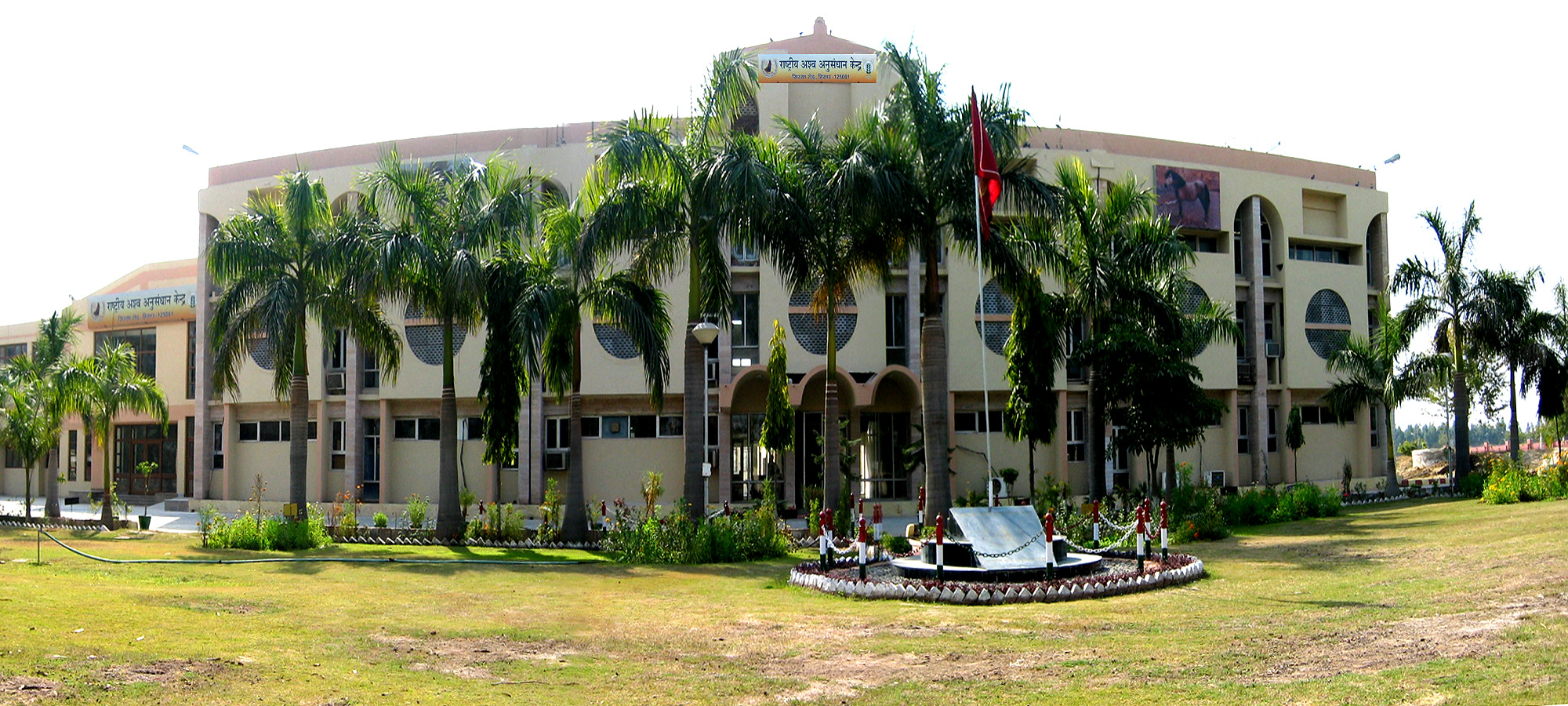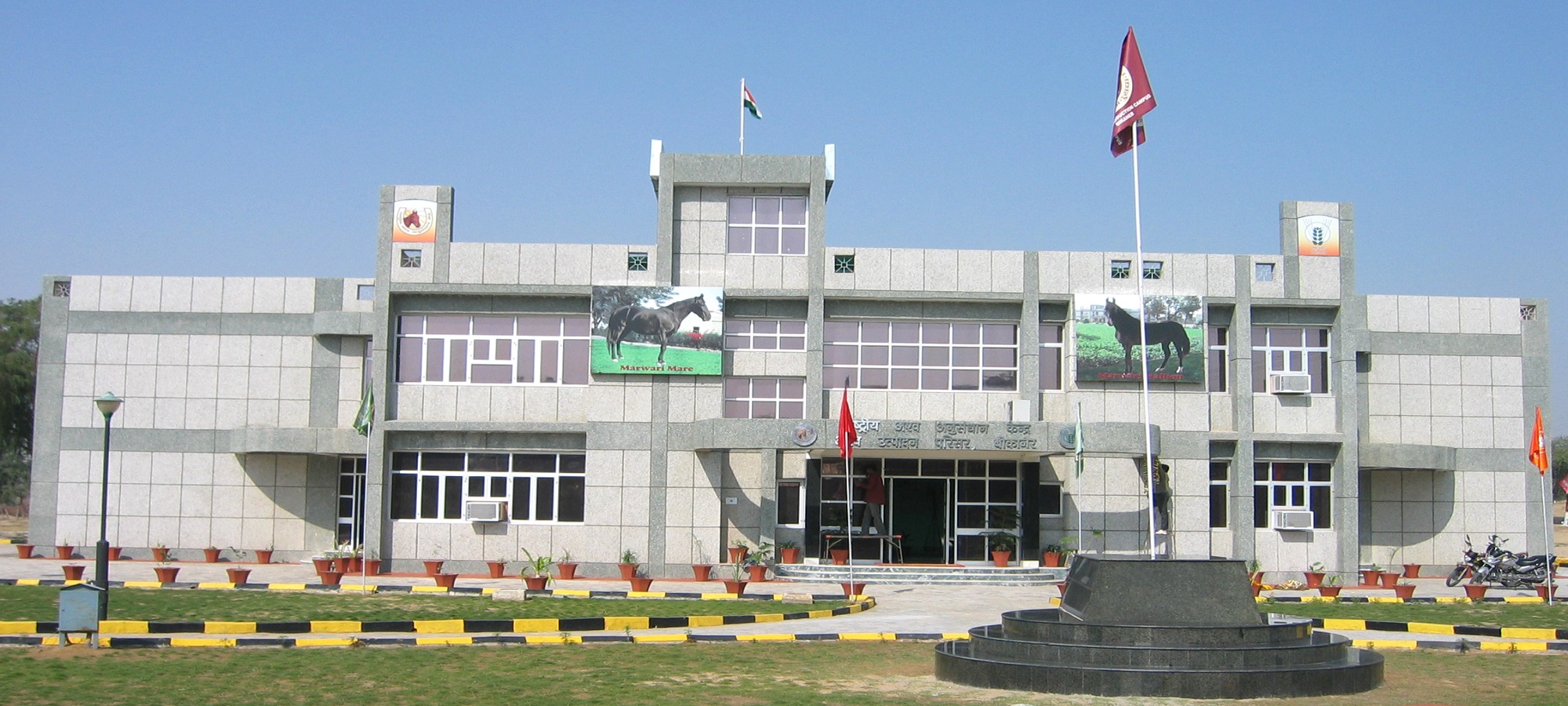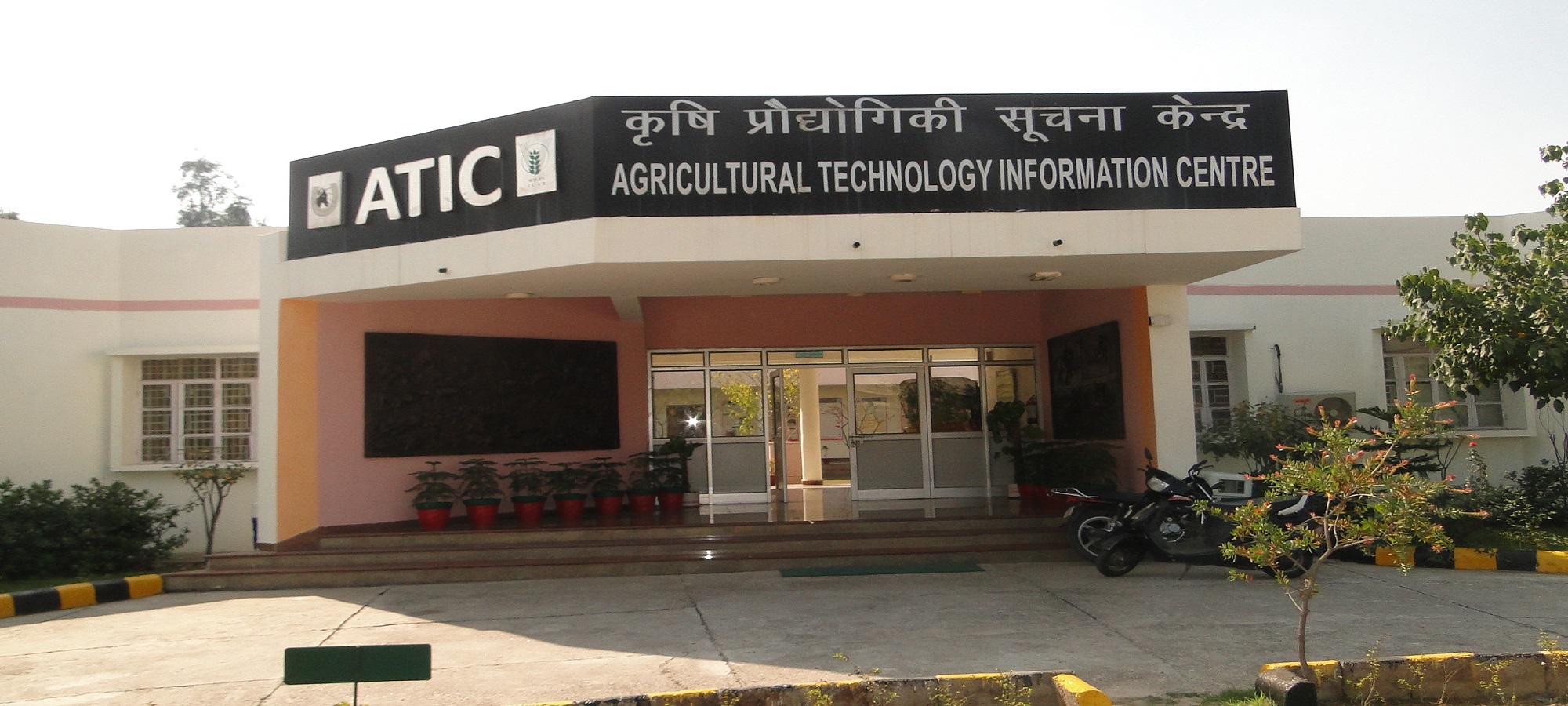ABOUT US



To cater to the needs of equine health and augment equine productivity in the country, Indian Council of Agricultural Research established National Research Centre on Equines (NRCE) on November 26, 1985 at Hisar (Haryana). The main campus of NRCE has state-of art laboratories and facilities for undertaking research in areas of equine health production. The research activities are supported by centralized services such as animal and agriculture farms, experimental animal facility, microbial containment laboratory, ARIS cell, ATIC, library and Info-equine Museum. Subsequently, a regional station of NRCE, named Equine Production Campus (EPC) was established in 1989 at Bikaner to undertake research on equine production. The National Centre for Veterinary Type Cultures (NCVTC) was established in the year 2005 at NRCE, Hisar, for collection and preservation of microbes of animal origin and veterinary importance.
- Basic and strategic research on equine health and production
- To provide advisory and consultancy services and capacity development
- Generation of demand-driven technologies for equine health and production management.
- Capacity building for competitive equine power utilization in agricultural operations to serve the under privileged under changing environment & socio-economic scenario
- Achieving freedom from dreaded equine diseases through development of modern diagnostics and vaccines.
- Technology transfer for superior mule and true-to-breed indigenous horse production in their home tracts using AI with an aim to establish embryo bank of Marwari and Kathiawari horses to enhance export.
- Enhancing performance of working equids especially in arid, semi-arid and mountainous regions.
- Income generation through market intelligence activities
National Centre for Veterinary Type Culture (NCVTC) initiated its activities in 2005 for conservation of the microbial diversity of animal origin. The activities comprise acquisition, authentication, preservation, documentation, and repository database management system of animal microbes. A network programme is running with its 14 units located in 12 different states viz., Haryana, Rajasthan Uttar Pradesh, Himachal Pradesh, Assam, Jammu & Kashmir, Tamil Nadu, Gujarat, Uttarakhand, Karnataka, Arunachal Pradesh and Nagaland. These network units are contributing in conservation of animal microbial diversity in three specialized areas: veterinary microbes at NRCE Hisar, dairy microbes at NDRI, Karnal and rumen microbes at NIANP, Bengaluru.
- National repository of veterinary, dairy and rumen microorganisms and their identification, characterization and documentation.
- Distribution of microbes for teaching, research and development of new technologies.
- Exploration and collection of microorganisms of animal origin/significance/relevance
- Central storage of animal microbes from existing culture collection centres, institutions and universities
- Characterization, documentation and digitization of microbial database of cultures of animal microbes
- Development of a National Microbial Gene Bank for conserving the biodiversity of animal microbes
- Conservation (both short-term and long-term) and utilization of microorganisms
- Achieving freedom from dreaded equine diseases through development of modern diagnostics and vaccines.
- Technology transfer for superior mule and true-to-breed indigenous horse production in their home tracts using AI with an aim to establish embryo bank of Marwari and Kathiawari horses to enhance export.
- Enhancing performance of working equids especially in arid, semi-arid and mountainous regions.
- Income generation through market intelligence activities